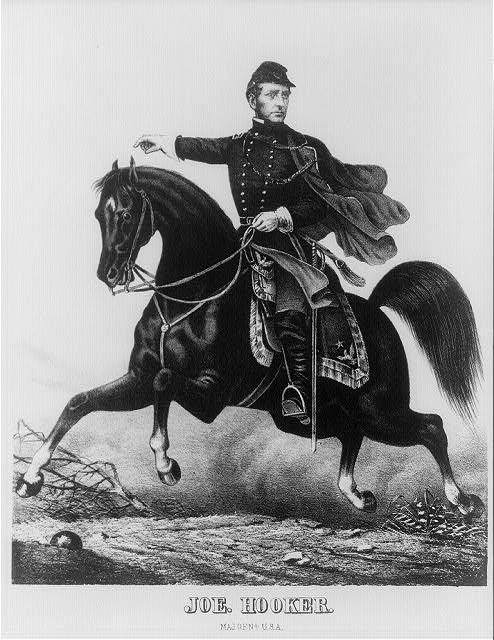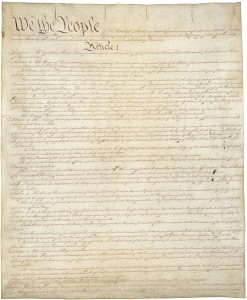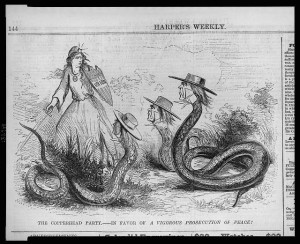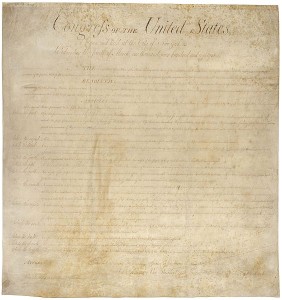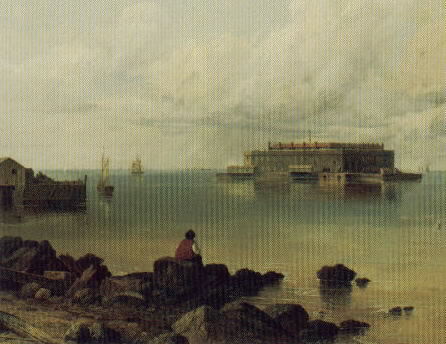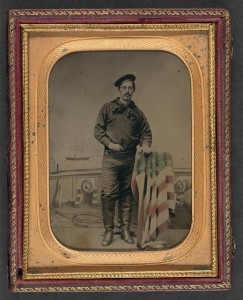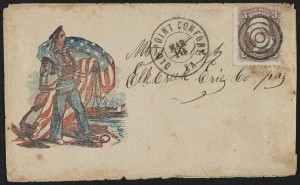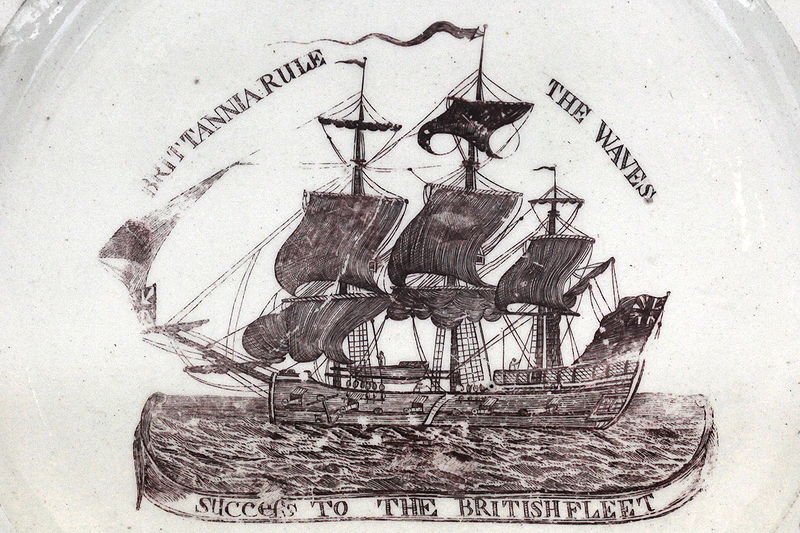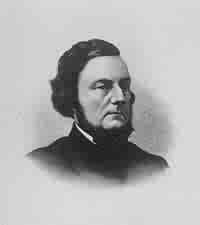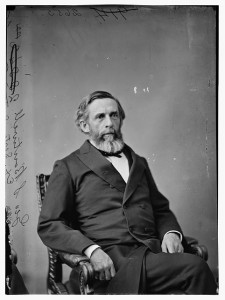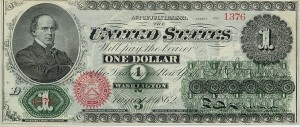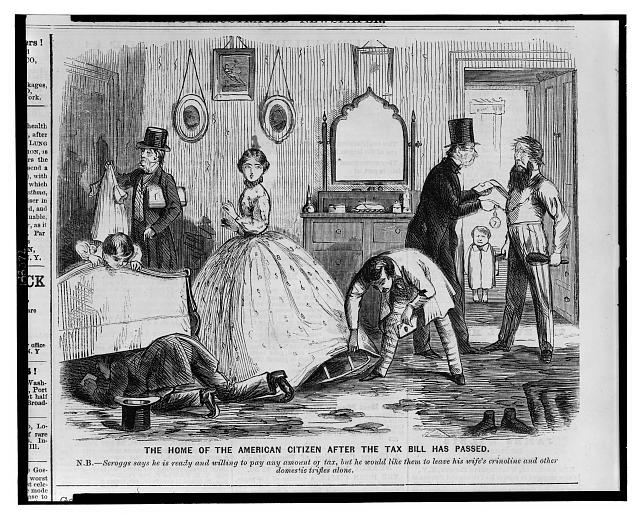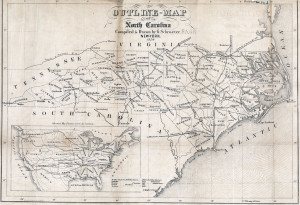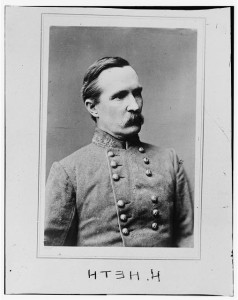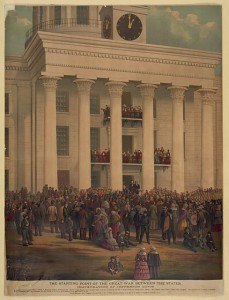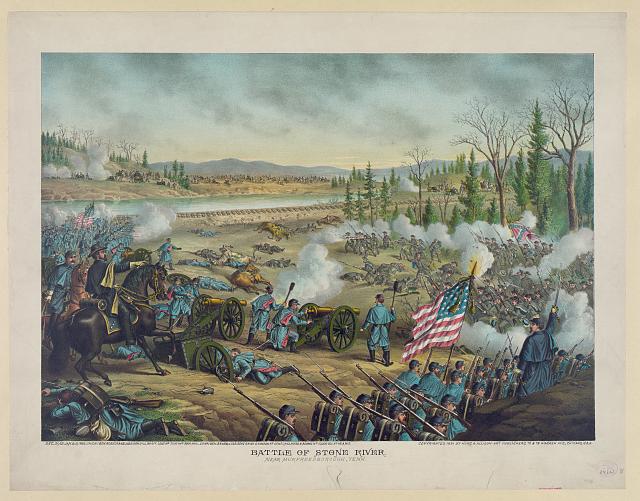A southern editorial by way of Gotham criticized the Confederate government’s impressment policy for being imposed without legislative approval and for unfairly burdening property owners near the armies or near good transportation avenues. The problem might have been caused by Jews and Yankees infesting southern society; as President Davis suggested, the solution would be for Congress to pass a just law.
From The New-York Times January 20, 1863:
… A GROWL AGAINST IMPRESSMENT. …
From the Richmond Whig.
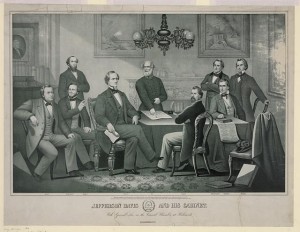
“the Government set aside all law and justice”
The President, in his message, apologizes indirectly for the seizure of private property, by what he calls the “power of impressment,” by alleging the insufficiency of transportation. He recommends that the exercise of this power be guarded by judicious provisions against perversion or abuse, and be under due regulation of law. This is all very well, but it would have been far more consistent with a Government of freedom and law if, before exercising this tyrannical power, the right to do so had been obtained from the law-making authority. There has existed no necessity for its exercise at all. It is a slander upon the people of Virginia to assert that such necessity has existed. As a general rule they have willingly sold their produce to the Government, at the Government’s own price — even when that price was half the market price. In other cases, the parties have not refused to sell, so far as we have heard, but only demanded the market value, which the Government refused to give. For the sake of a few dollars, the Government set aside all law and justice, and resorted to force to rob individuals of their property, while millions were being lavished upon favorites. It is a striking illustration of the injustice of this proceeding, that the price at which the Government is impressing flour is from two to three dollars less than the price paid by the Government to the Crenshaws.
One would suppose that common sense would dictate, that a Government like ours, dependent for its very existence upon the affection and confidence of the country, would spare no means to secure that confidence and affection. But, so far from this, the disposition seems to exist to harass and alienate the people by every species of petty tyranny. This has been especially the cause with respect to the great agricultural population, on which, at last, rests the sole hope for the national salvation. Nothing but their whole-souled devotion to the cause could have made them submit in quiet to the violation of law and wanton invasion of their rights. It is difficult to assign a reason for this absurd and extraordinary policy. Possibly the solution may be found in the vast member of Jews and Yankees, who, having no sympathy for our people, and no regard for their feelings and interest, have insinuated themselves into the management of our affairs.
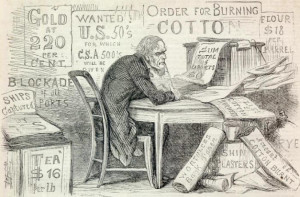
Where’s the money for ‘just compensation’ going to come from?
The system of impressment as conducted at present, operates unequally, and, consequently, unjustly and oppressively. Persons residing near the armies, or convenient to the railroads and canal, are those only who feel its burdens. While they are forced to sacrifice half the value of their property, neighbors a few miles distant go scot free, or have theirs enhanced in price by the Government seizure. Our people are willing to do anything for the cause, but they have a right to demand that the burdens should be equal, and imposed upon all alike, and by the law of the land. Their property is at the service of the Government, but let it be taken on fair terms, and for such compensation as the Government can give.
We do not write this to inflame the just discontent which exists; but in the hope of inducing such action on the part of Congress as will tend to appease it. Our people have been accustomed to law, and they abhor the unnecessary intrusion of military violence. Congress cannot pass a law on the subject which does not recognize “just compensation” for private property appropriated to public use, and which does not also, in estimating that compensation, to some extent recognize the depreciation of the currency. A law like that of the State of Virginia would meet all the demands of the Government, satisfy the people, and above all, preserve our character as a Government of liberty and law.
Eventually an impressment law would be passed. According to Encyclopedia Virginia Confederate Impressment
was the informal and then, beginning in March 1863, the legislated policy of the Confederate government to seize food, fuel, slaves, and other commodities to support armies in the field during the American Civil War (1861–1865). The tax-in-kind law, passed a month later, allowed the government to impress crops from farmers at a negotiated price. Combined with inflationary prices and plummeting morale following military defeats, impressment sparked vocal protests across the South. Discontent was exacerbated by what was perceived as the government’s haphazard enforcement of the law, its setting of below-market prices, and its abuse of labor. As a result, citizens hoarded goods and in some cases even impersonated impressment agents in an effort to steal commodities.
The following, published 150 years ago today, seems to show how arbitrary the system could be. From the Richmond Daily Dispatch January 21, 1863:
The impressments at Lynchburg.
The Quartermaster, acting under instructions from the War Department, has released all the flour impressed at Lynchburg except that of the grade of Superfine. He has also released the sugar that was impressed, and all whiskey that the ownership is in refugees. The latter, it is assumed have lost and sacrificed enough for the common cause, hence where ownership of impressed articles is in that category they are released.
The political cartoon was published in the September 6, 1862 issue of Harper’s Weekly and can be viewed at Son of the Soiuth

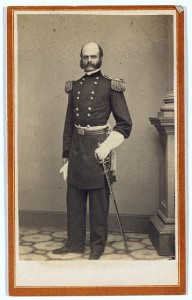
![Hon. Edwin M. Stanton (between 1855 and 1865]; LOC: LC-DIG-cwpbh-02150)](https://www.bluegrayreview.com/wp-content/uploads/2013/01/02150r-265x300.jpg)
